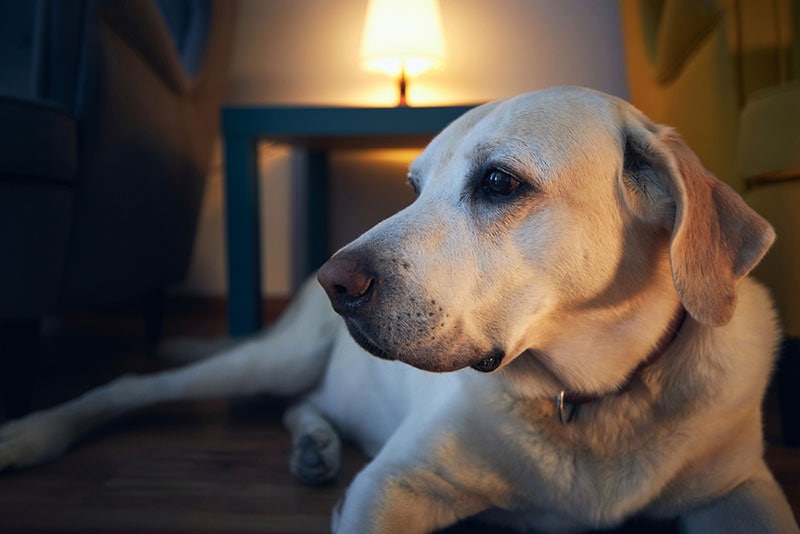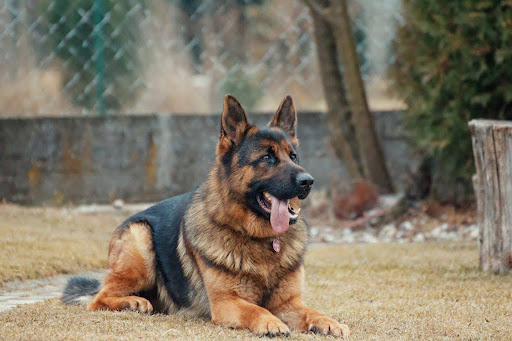Understanding Dog Pacing at Night: A Natural Behavior
Dog owners can become curious and even concerned when their dog starts pacing at night. But it is important to keep in mind that dogs’ night-time pacing is a behaviour that comes from their instincts and the unique relationship they have with their environment. In this article, we will discuss the reasons for dog pacing at night. We’ll also explore how to deal with it and why it is important to treat this behaviour with empathy and understanding.
- Natural Instincts
Dogs have evolved into diurnal mammals, which means they tend to be more active when the sun is out. Some of their instincts are still present in domesticated canines despite the fact that they were once nocturnal animals. These instincts are responsible for the dogs’ night-time pacing. As the world quietens and darkness falls, the dogs become more alert.
- Sensory Perception
Dogs have extremely sharp senses. This is especially true for their hearing and sense of smell. The night is a time when their senses are at their most acute. Dogs can pace in order to process and explore these increased sensory inputs. The dogs may be reacting unconsciously to scents, sounds, and temperature changes.
- Need For Activity
Some dogs come by their energy and activity naturally. When they are not able to expend their energy through play or exercise throughout the day, they might pace around at night in order to release this pent-up tension. Your dog must be given plenty of mental and physical stimulation during the day.
- Anxiety & Stress
The emotions of anxiety or stress can affect dogs just as they do humans. They may even be more intense at night. Dogs can become restless during the night because of changes in routines, environmental factors or even separation anxiety. By providing a calm and safe environment, you can alleviate the anxiety.
Addressing night-time Pacing
Understanding what causes your dog to pace at night is an important first step towards addressing this problem. You can reduce and manage your dog’s night-time behaviour by following these tips:
- Gradual Desensitization: If you think your dog’s excessive Pacing may be due to anxiety or sensitivity to stimuli from outside, try gradual desensitization. Expose dogs to the triggering sounds, situations and stimuli in a controlled manner during the daylight hours to reduce their reaction at night.
- Calming Technologies: Calming technologies such as relaxing music, aromatherapy, and a weighted blanket can help create an atmosphere of calmness for your dog.
- Consult a vet: If your pet’s night-time paddling persists or is associated with pain, discomfort or other symptoms, contact your veterinarian. Medical issues can sometimes manifest themselves in behavior changes. An expert assessment is crucial.
- Professional Training: If the problem persists and is causing distress to both you and your pet, seek the assistance of an experienced dog trainer.
Conclusion
It would help if you remembered night-time Pacing by dogs isn’t an inherently harmful behaviour. It’s rooted more in their instincts and sensitivities. Understanding why your pet is pacing may help you treat it effectively and with empathy. Providing your dog with a stable schedule, enough exercise, and comfortable sleeping conditions, and addressing any underlying anxieties or stress will help them feel more relaxed. An understanding approach to your pet’s night-time pace will help strengthen your bond and provide a peaceful night’s sleep for you both.
Stay in touch to get more updates & news on Discover Tribune!



